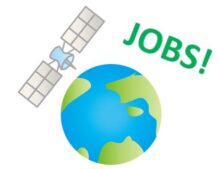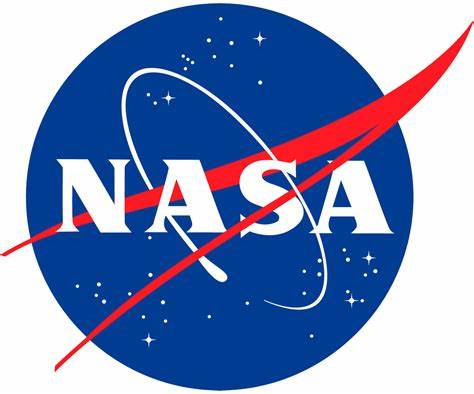Category: Uncategorized
HydroNationChair programme – 12 month postdoc opportunity!
Exciting opportunity to join the Scottish #HydroNationChair programme as a 12 month postdoctoral researcher exploring markets for resource recovery with Ania Escudero. Apply here through October 2024
WWQA Citizen Science Webinar

Explore how citizen science can play a pivotal role in elevating water quality and driving progress toward SDG Target 6.3, and to improve water quality in this World Water Quality Alliance webinar. This webinar will launch a policy and technical brief that calls for international policymakers and local communities to collaborate in monitoring and improving water quality through citizen science.
Date: 19 Sep 2024
Time: 12PM CEST, 10AM UTC
Register here: https://un-org-unep.zoom.us/webinar/register/WN_pkfID26JRjOhe53U8tsmXQ
UNOOSA Post-graduate Nano-Satellite Technologies (PNST) Fellowship
UNOOSA is now accepting applications for the 2025 Post-graduate Study on Nano-Satellite Technologies (PNST) Fellowship! 🎓
In collaboration with Japan – The Government of Japan and Kyushu Institute of Technology (Kyutech), this programme offers participants from developing countries and non-space-faring nations the chance to gain advanced knowledge in nano-satellite systems and space engineering.
Fellows will conduct research using state-of-the-art facilities at Kyutech, preparing them to contribute to space initiatives in their home countries. This fellowship is a key part of UNOOSA’s mission to democratize access to space and foster sustainable development worldwide.
🗓️ Apply by 1 December 2024!
Learn more and apply here: https://lnkd.in/dqxy7rKA
NASA ARSET Introductory PACE Training – 3 days, free! (En ingles y español)
| Introductory Webinar: Introduction to Plankton, Aerosol, Cloud, Ocean Ecosystem (PACE) Hyperspectral Observations for Water Quality Monitoring | |
| September 25, October 2, & October 9, 2024 10:00-11:30 EDT (UTC-4) This three-part introductory training will provide an overview of past and current hyperspectral sensors. Specifically, the training will provide information on NASA’s PACE mission, its sensors and data products, webtools to access data, and software for processing hyperspectral data and water quality parameters derived from PACE/OCI. The training will also highlight some advantages and limitations of PACE data. This will be the first ARSET training focusing on the use of hyperspectral data for water quality applications.
|
|
| Webinar Introductorio: Introducción a las Observaciones Hiperespectrales de la misión “Plankton, Aerosol, Cloud Ocean Ecosystem” (PACE) para el Monitoreo de la Calidad del Agua | |
| Los días 25 de septiembre, 2 de octubre y 9 de octubre de 2024 14h a 15h30 horario este de EE.UU. (UTC-4) Esta capacitación introductoria en tres partes presentará una visión general de los sensores hiperespectrales actuales y anteriores. Específicamente, la capacitación brindará información sobre la misión de la NASA, PACE, sus sensores y productos de datos, herramientas en línea para acceder a datos y software para procesar datos hiperespectrales y parámetros de la calidad del agua derivados de PACE/OCI. La capacitación también resaltará algunas ventajas y limitaciones de los datos de PACE. Esta será la primera capacitación de ARSET enfocada en el uso de datos hiperespectrales para aplicaciones de la calidad del agua.
|





